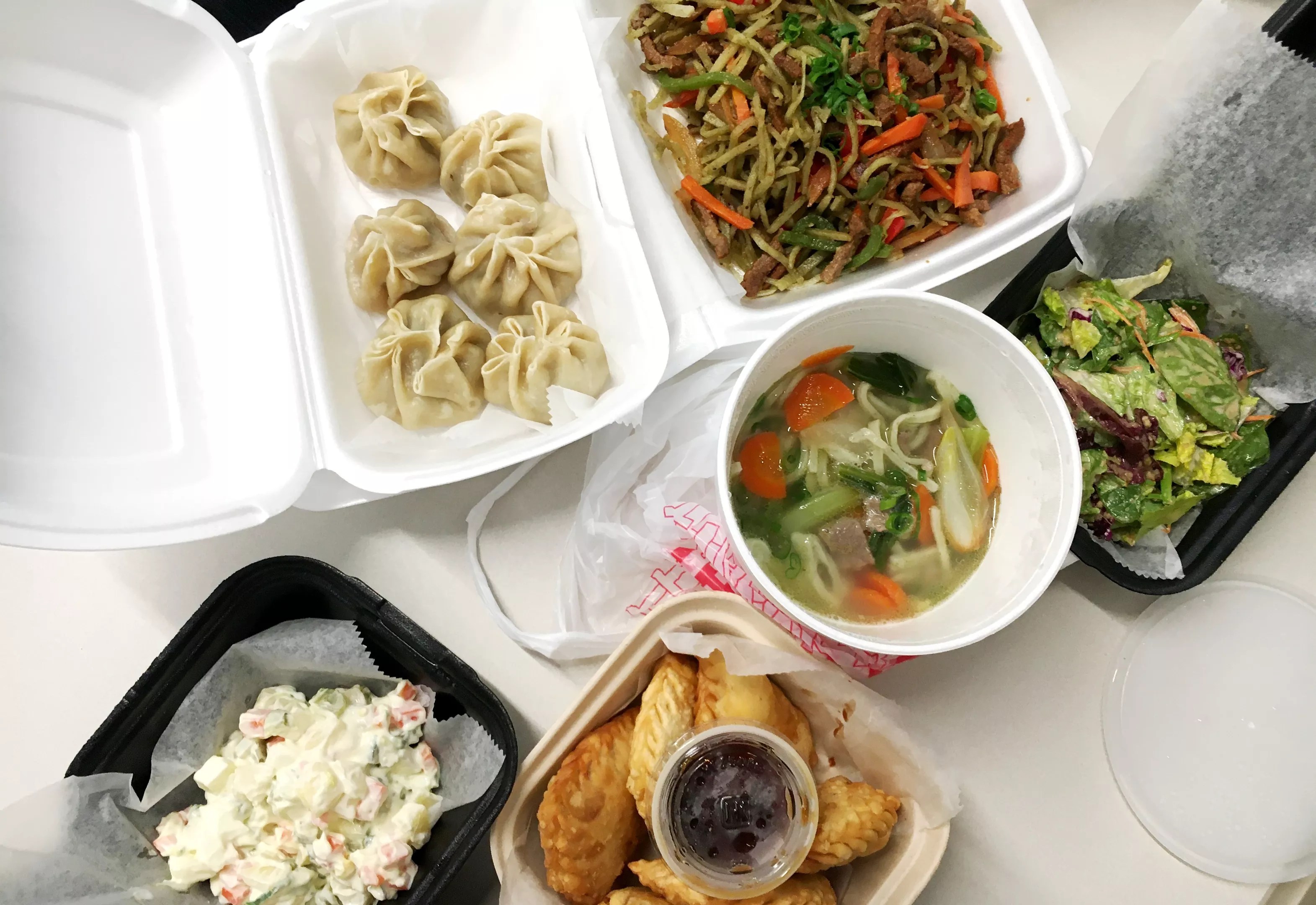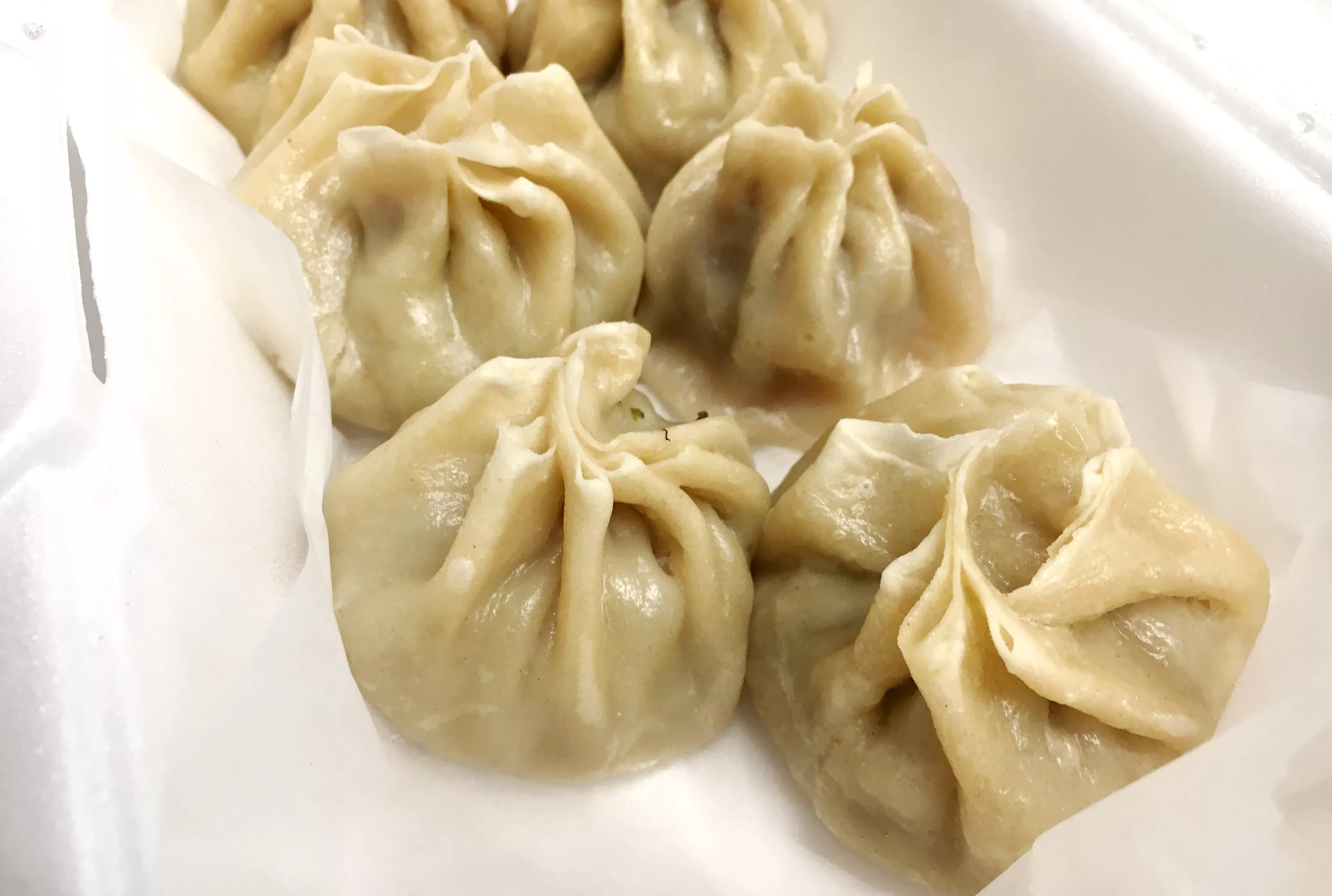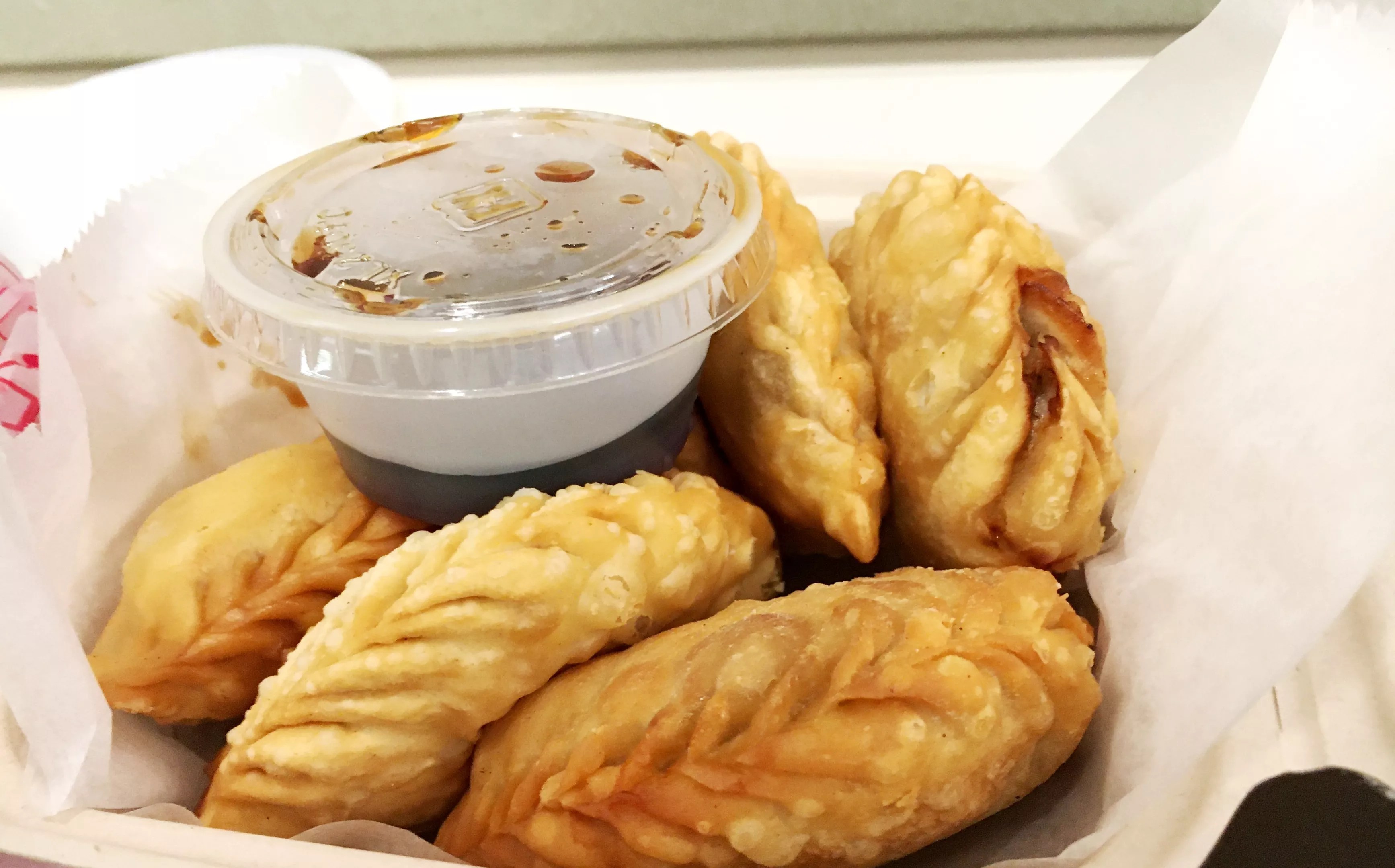
Mark Antonation

Audio By Carbonatix
Mongolian – you’ve done that, right? You’ve stood in line and picked your veggies, proteins and sauces, then handed your plate over to cooks who dance around a giant circular griddle, rhythmically keeping the beat with their spatulas as they stir-fry everything into a mound of steaming food. Places like HuHot and BD’s Mongolian Grill have spread into every corner of the country, and more Americans have probably eaten at these and similar chains than the entire population of Mongolia itself.
But Mongolian barbecue isn’t really Mongolian, and neither is the Mongolian beef seen on so many Chinese restaurant menus. They’re both recent inventions in the culinary world – so recent, in fact, that they can be traced to one man. According to Eddy Chang of the Taipei Times, Mongolian barbecue was invented in Taiwan in the early 1950s by Wu Zhao-nan, a comedian from mainland China who used the word “Mongolian” to give his eatery a little foreign mystique.

Buuz look like Chines soup dumplings but have a ground beef filling.
Mark Antonation
For actual Mongolian cuisine, you’ll have to visit an unlikely location: a sushi bar in Glendale’s City Set development. Sushi Kai opened at City Set in early 2019, and during non-pandemic times was known for its conveyor-belt sushi-delivery system. But the restaurant is now under new ownership that changed its name to Sushi Kai & Mongolian Cuisine and added several dishes unique in Denver.
We’re thankful for you. Are you thankful for us?
We feel thankful for our staff and for the privilege of fulfilling our mission to be an unparalleled source of information and insight in Denver. We’re aiming to raise $50,000 by December 31, so we can continue covering what matters most to this community.
Help us continue giving back to Denver.
Picture Wyoming if you want to understand Mongolia’s agriculture. Wide-open grasslands, rocky vistas and cold winds are the common factors, so whatever grows there must be winter-hardy. Mongolian staples include wheat, mutton and, to a lesser extent, beef, supplemented with root vegetables and other produce that stores well. As a result, the Mongolian dishes at Sushi Kai are warming and familiar, and some feed right into one of the hottest current food trends: dumplings.

Kuushuur are deep-fried to a golden brown.
Mark Antonation
Sushi Kai offers three kinds of Mongolian dumplings. The buuz and bansh dumplings are similar but for their shape. They’re both filled with ground beef (the menu says it’s organic), green onion and garlic, but the bansh are pyramid-shaped while the buuz are pleated on top, like Chinese soup dumplings. The bansh are also smaller and come twelve to an order, making them easier to share, while the buuz come in sets of six with a side of potato salad (with smaller, firmer cubes of potato than standard American potato salad) – which seems a little odd but adds to the comfort-food theme.
The other dumplings, called khuushuur, are deep-fried rather than steamed. The result is a crisp pastry shell surrounding a small, mildly seasoned beef patty.
If you just can’t get enough dumplings, there are two dumpling soups: Banshtai tsai is a flour-thickened soup made with Mongolian tea in the broth and floating with dumplings, and bantan is a beef or lamb (the restaurant uses organic, grass-fed New Zealand lamb instead of the more traditional mutton) soup made with bone broth, vegetables and tiny dumplings created by crumbling dough into the simmering broth.
Sushi Kai also makes its own Mongolian noodles by rolling dough thin and then cutting it into strips. The noodles, flavored with specks of spinach, appear in tsuivan, a stir-fry that also includes beef or tripe and vegetables. Or you can get a simple beef or lamb soup loaded with those noodles. This one’s best eaten as soon as possible, since the noodles rapidly soak up the broth and can become soggy if left sitting too long.

The conveyor belt is still for now, but you can still get a wide range of Japanese and Mongolian dishes.
Mark Antonation
You’ll find Mongolian barbecue at Sushi Kai, but it’s not the standard Americanized version. This barbecue is khorkhog, and it’s meant to feed four or five people, hence the $125 price tag. You’ll need to order a day in advance, because the preparation and cooking is labor-intensive. This special meal includes lamb, potatoes, carrots, onions, dumplings and soup, all slow-cooked over hot stones.
Although Sushi Kai is open with limited seating in the dining room and a few socially distanced sushi counter seats, the conveyor belt is not currently running. But you can still get your fill of sushi, signature rolls and Japanese appetizers and entrees, and you can even sample the bansh dumplings and bantan soup in smaller sizes from the appetizer menu if you’re not ready to take a full Mongolian plunge.
Sushi Kai & Mongolian Cuisine is located at 682 South Colorado Boulevard in Glendale, and is open daily from 11 a.m. to 2:30 p.m. for lunch and 4:30 to 9 p.m. for dinner, with happy hour from 4:30 to 6 p.m. Call 720-583-2414 or visit sushikai.co for takeout and delivery orders.